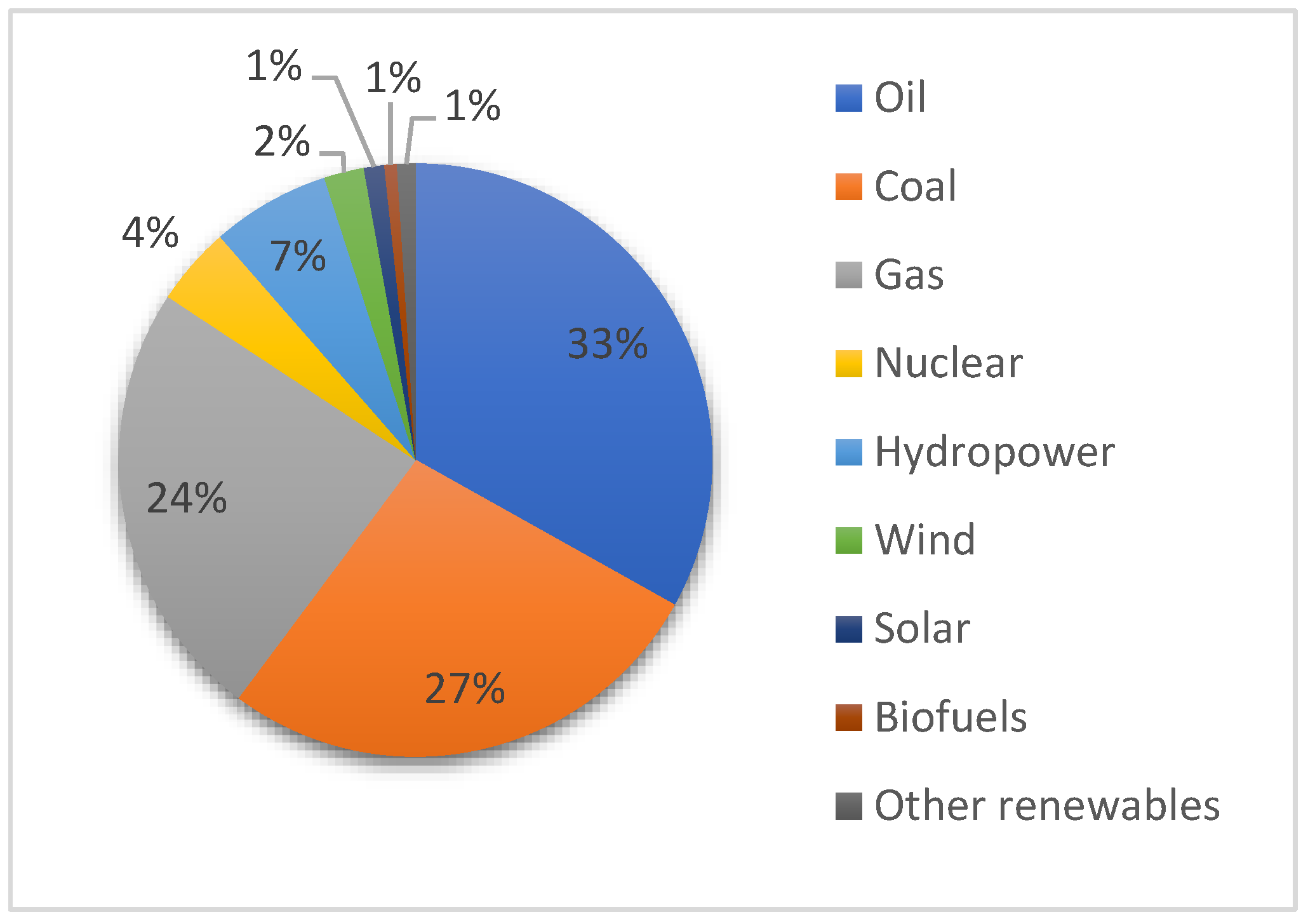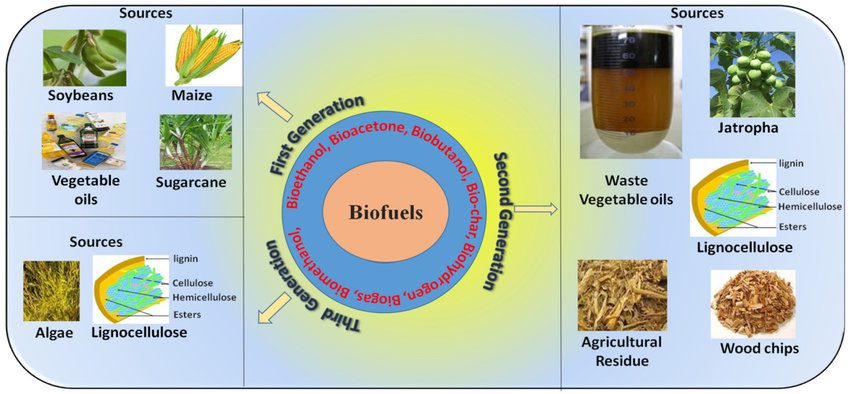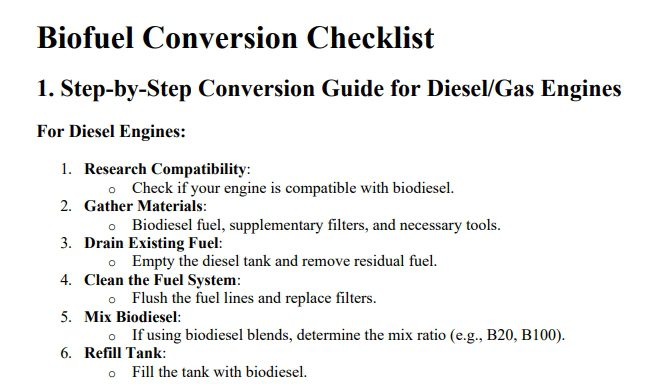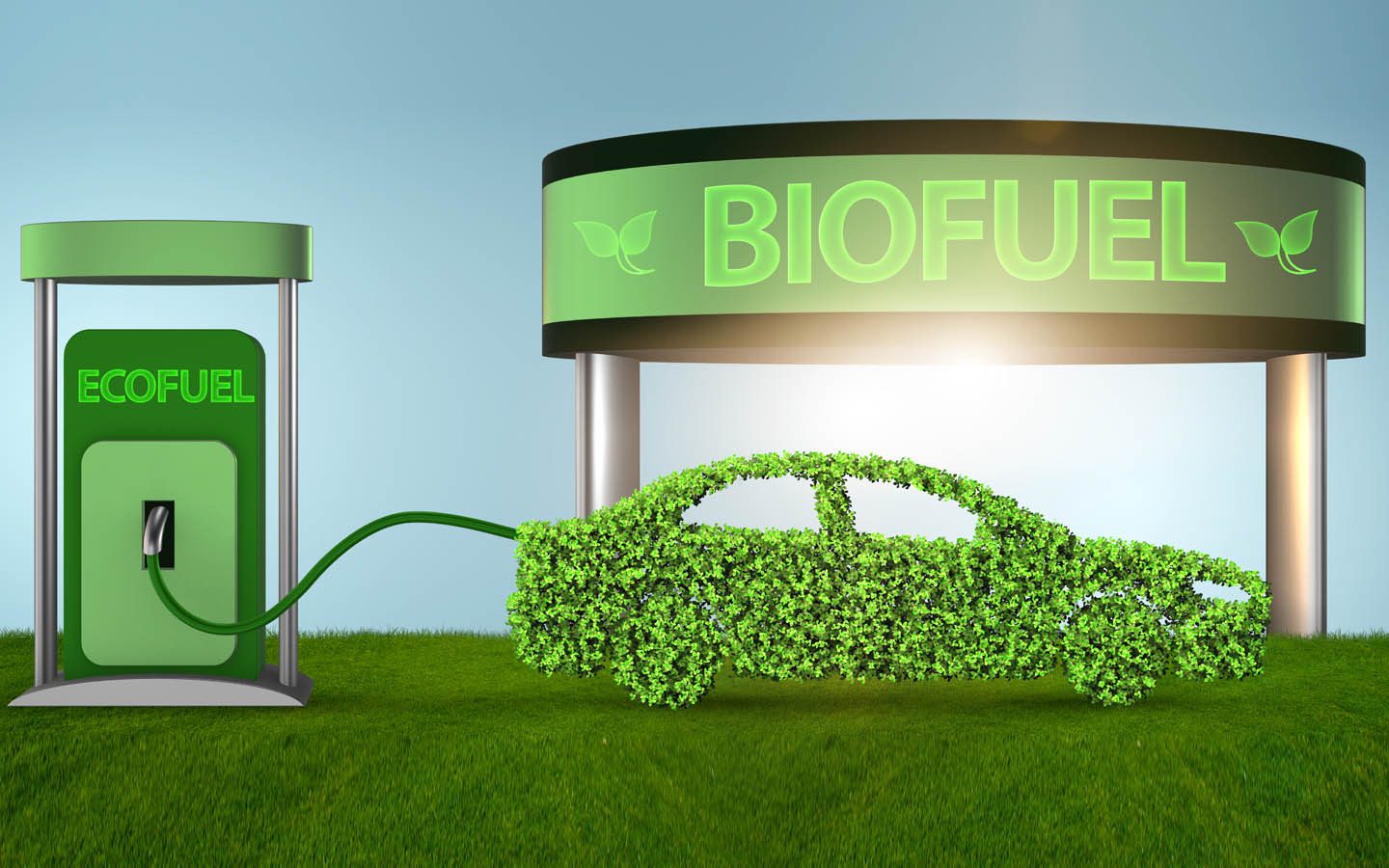Table of Contents
Is Switching to Biofuel Worth It? Uncover Costs, Environmental Impact, and Practical Challenges!
1. Why Consider Biofuel? The Promise of Greener Driving
Biofuels—like biodiesel and ethanol—are renewable fuels made from organic materials (e.g., crops, algae, or waste oil). Converting a gas car to run on biofuel can reduce reliance on fossil fuels, but it’s not a one-size-fits-all solution. Here’s what you need to know:
Key Stat: Biofuels can cut greenhouse gas emissions by 50–80% compared to gasoline (U.S. Department of Energy).

2. Pros of Converting to Biofuel ✅
1. Environmental Benefits
- Lower Emissions: Biofuels produce fewer CO₂, sulfur, and particulate emissions.
- Renewable: Made from plants or waste, unlike finite fossil fuels.
- Carbon Neutrality: Plants used for biofuel absorb CO₂ as they grow.
2. Energy Independence
- Local Production: Supports domestic agriculture (e.g., corn ethanol in the U.S.).
- Reduced Oil Reliance: Less vulnerability to global oil price swings.
3. Cost Savings (Potentially)
- Cheaper Fuel: In regions like Brazil, ethanol costs 30–50% less than gasoline.
- Tax Incentives: Some governments offer rebates for biofuel conversions (e.g., U.S. federal tax credits).
4. Engine Longevity
- Lubricity: Biodiesel’s natural lubricity can reduce engine wear.
- Cleaner Combustion: Less carbon buildup in injectors and valves.
Case Study: A 2005 Volkswagen Jetta TDI owner saved $1,200/year using homemade biodiesel from used cooking oil.

3. Cons of Converting to Biofuel 🚫
1. Upfront Conversion Costs
- Modifications Needed:
- Fuel lines and seals (biofuels can degrade rubber).
- Engine tuning for higher ethanol blends (e.g., FlexFuel kits: 300–1,500).
- Cold-weather additives for biodiesel to prevent gelling.
- Total Cost: 1,000–5,000+ depending on the vehicle and biofuel type.
2. Compatibility Issues
- Older Cars: Pre-1990 engines may struggle with >10% ethanol (E10).
- Diesel Engines: Biodiesel blends above B20 (20%) require modifications.
3. Fuel Availability
- Regional Gaps: Ethanol (E85) is common in the Midwest U.S. but scarce elsewhere.
- Biodiesel Access: Limited to niche suppliers or DIY setups.
4. Environmental Trade-Offs
- Land Use: Crop-based biofuels (e.g., corn ethanol) compete with food production and drive deforestation.
- Water Consumption: Growing biofuel crops requires significant water resources.
5. Maintenance Hassles
- Filter Clogging: Biodiesel can dissolve tank sludge, requiring frequent filter changes.
- Storage Issues: Biofuels absorb water, leading to microbial growth in tanks.
4. Types of Biofuels & Conversion Needs
| Biofuel | Blend | Compatibility | Modifications Needed |
|---|---|---|---|
| Biodiesel | B5–B100 | Diesel engines only | Replace rubber hoses, install heaters |
| Ethanol | E10–E85 | FlexFuel-certified or modified engines | Fuel sensor, corrosion-resistant parts |
| SVO/WVO | 100% | Older diesel engines (pre-1990) | Dual-tank system, heated fuel lines |
Pro Tip: B20 (20% biodiesel) is safe for most modern diesel cars without conversion.
5. Environmental Impact: The Fine Print 🌍
- Corn Ethanol: Reduces emissions by 20–40% but requires heavy fertilizer/pesticide use.
- Algae Biodiesel: Emerging tech with 80% lower emissions, but not yet commercially scalable.
- Waste Oil: Recycling used cooking oil (WVO) is the most sustainable option.
6. FAQs ❓
Q1: Can I run my gas car on ethanol without conversion?
A: Only up to E10 (10% ethanol). Higher blends (E15/E85) require FlexFuel upgrades.
Q2: Is biodiesel safe for my diesel truck?
A: Up to B20 is safe for most models. Check your owner’s manual.
Q3: How long does biofuel last in storage?
A: 6–12 months (vs. 3–6 months for biodiesel). Use stabilizers for longer shelf life.
Q4: Will biofuel void my warranty?
A: Using unapproved blends (e.g., B100 in a non-modified engine) can void warranties.
Q5: Can I mix biodiesel with regular diesel?
A: Yes, but ensure ratios match engine compatibility (e.g., B5, B20).
7. Free Biofuel Conversion Checklist 📝
[🔗 Download Your Free PDF Here]
Includes:
- Step-by-step conversion guide for diesel/gas engines.
- Cost estimator tool.
- List of certified biofuel suppliers.

8. Final Verdict: Is It Worth It?
Consider Conversion If:
- You drive a diesel car and have access to cheap biodiesel/WVO.
- Your region offers tax incentives and biofuel infrastructure.
- You’re passionate about sustainability and DIY projects.
Avoid If:
- You own a newer gas car with strict warranty terms.
- Biofuel is scarce or expensive in your area.
- You’re unwilling to handle maintenance quirks.
🚘 Share this guide to help others explore greener driving alternatives! 🚘
Expand Your Automotive Knowledge 📝
Explore 500+ Free Expert-Curated Guides
🚗 Learn New Skills
From basic maintenance to advanced repairs — clear, actionable tutorials for every skill level.
🌍 Access Anywhere
Mobile-friendly guides with HD visuals. No downloads required.
- Guides & Tutorials
- Car Maintenance 101
- Diagnostics & Troubleshooting
- Seasonal Maintenance
- Budget-Friendly Repairs
- Electrical Systems Guide
- Car Safety & Reliability
- Tools & Product Reviews
- Routine Maintenance
- Car Modifications & Upgrades
- Buying/Selling Guides
- Eco-Friendly Car Care
- Advanced Repairs
- Car Laws & Compliance
- Emergency Repairs
- Future Car Tech


